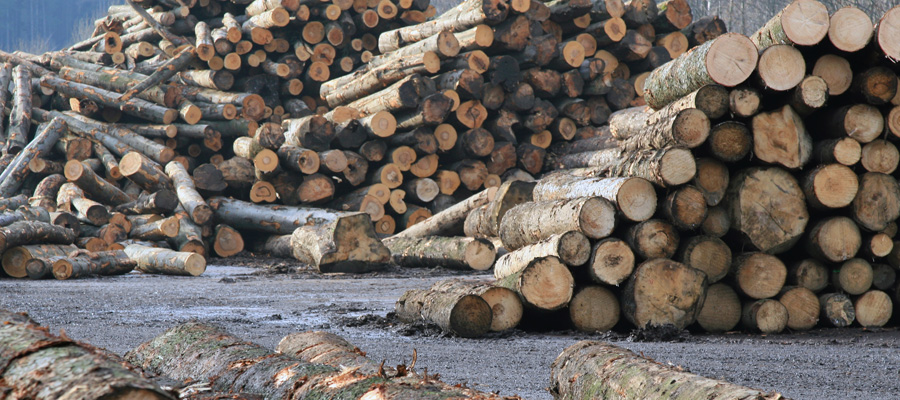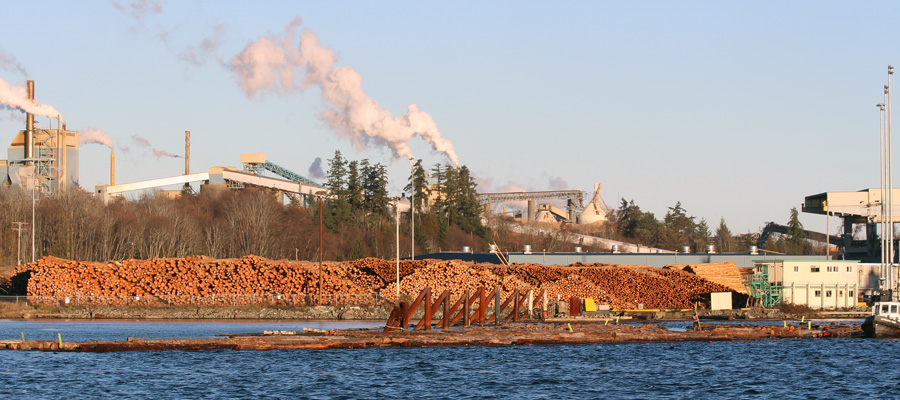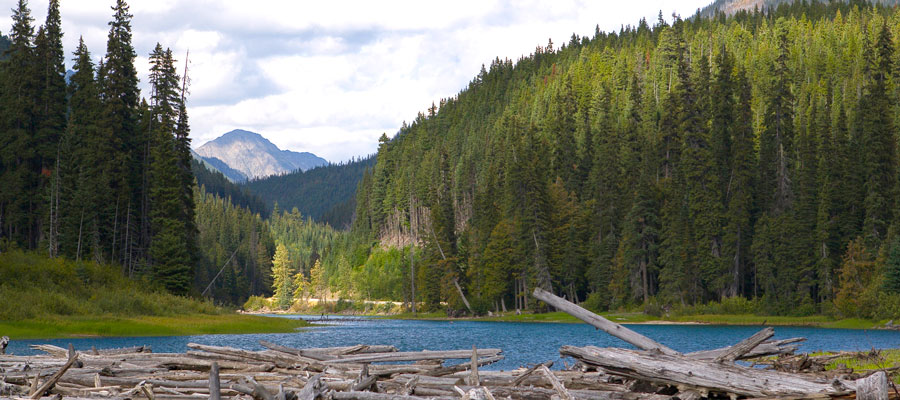TimberWest forestry operations destabilizing Vancouver Island communities

TimberWest is consistently one of the top exporters of raw, unprocessed logs from British Columbia’s coastal forests.
The company also has growing ties with Island Timberlands, BC’s other top log exporter. The two companies share roads, log sort yards and other infrastructure to generate profits.
“As affiliated companies, TimberWest and Island Timberlands can each do more to plan and invest for the future of a stable, competitive coastal forest sector,” TimberWest’s CEO, Jeff Zweig, said earlier this year when the companies formalized their affiliation.
Zweig’s assertion was not seriously challenged at the time. It should have been.
If anything, Vancouver Island communities and coastal forests are being destabilized by these companies for the simple reason that, between them, TimberWest and Island Timberlands do not own or operate a single mill. No sawmill, no pulp mill. Nothing.
Vancouver Island communities and coastal forests are being destabilized by these companies.
The companies make money logging and exporting raw logs from some of BC’s most productive forests, including old-growth at the southern extent of the coast’s Great Bear Rainforest. They also sell off private forestlands they have stripped of their trees to real estate developers.
This may be good for the companies’ owners—pension fund managers in BC and Alberta—but it doesn’t create “stable” communities and flourishing forests.
The way to create the greatest number of jobs in the forest industry is to turn logs into a vast array of wooden products—everything from the lumber used to frame a house to finely crafted acoustic guitars.
Last year in BC, logging accounted for about 18,600 jobs. That was only 28 per cent of the roughly 65,500 total jobs in the forest industry, of which more than 47,000—72 per cent—were in manufacturing.
The statistics don’t lie. The more you do with each log, the more jobs you generate. It’s that simple.
Happily, that point was underscored in October when Langley-based San Group Inc. announced it will invest up to $70 million in three mills in Port Alberni that could eventually employ 135 people. That’s the first time in well over a decade that any company decided to build a new coastal mill in BC.
San’s mills will turn smaller Douglas fir and hemlock logs from second-growth forests into an array of finished products. Its vision stands in sharp contrast to the “hewers of wood” model that TimberWest, Island Timberlands and others espouse and that our provincial government continues to enable.
The more you do with each log, the more jobs you generate.
The provincial government can take no credit for the San decision. But it could take some small credit for future such decisions if it did what it has the powers to do.
We believe those key powers include reinstating some form of “appurtenancy” that requires companies holding logging rights to Crown or publicly owned forests to invest in new mills or risk losing a portion or all of such rights.
We also believe the government should use its taxation powers to impose steadily higher export fees on companies that ship raw, unprocessed logs that come from Crown or publicly owned forests.
Community prosperity and forest health lies in doing far more with far less. Our government knows this and needs to act.
We think the most prudent suite of actions would encourage:
- An end to the unsustainable logging of remaining old-growth forests.
- An end to the unsustainable exportation of raw, unprocessed logs from prime old-growth and second-growth forests.
- New investments in new second-growth mills.
There’s every reason to believe that if the provincial government adopts such a strategy we can increase forest industry employment, make communities like Port Alberni more stable and prosperous and also protect more old-growth forests.



